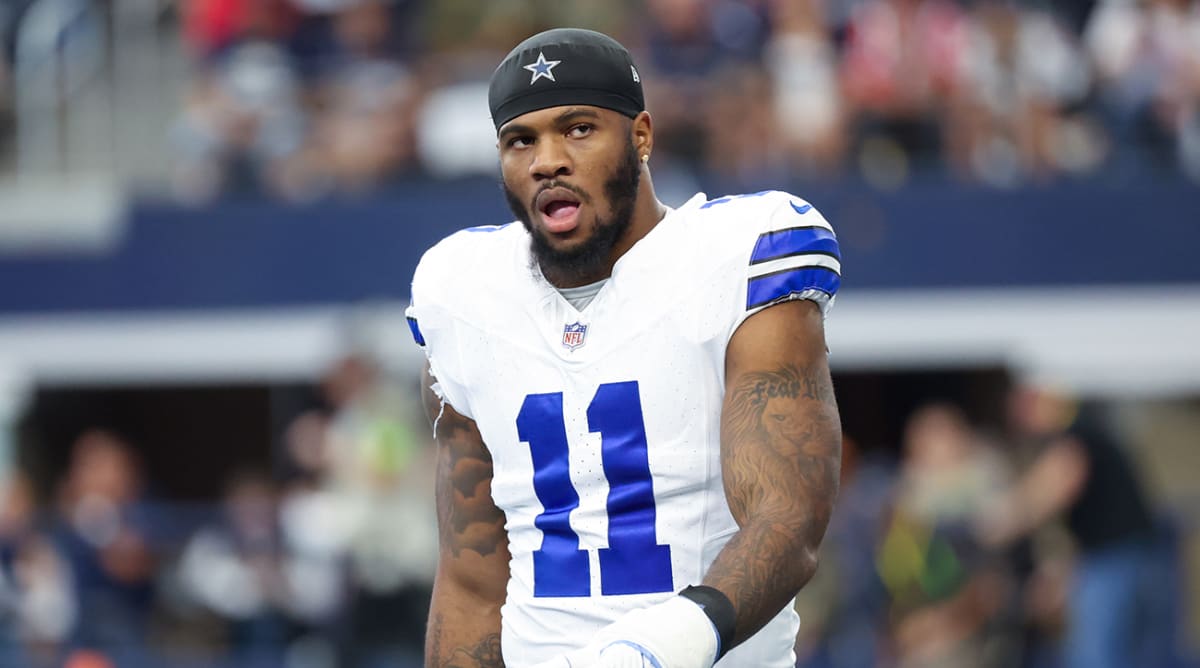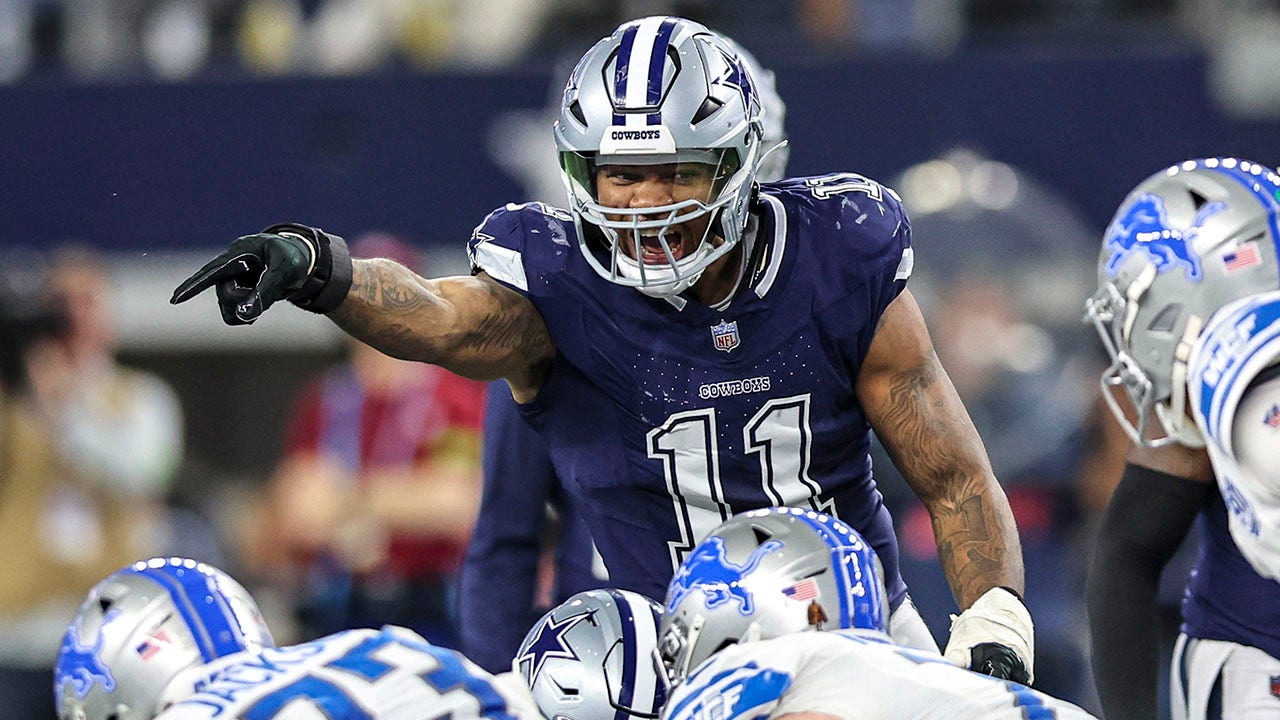In recent seasons, the NFL Most Valuable Player (MVP) award has predominantly gone to quarterbacks, raising questions about the fairness of the voting process. Micah Parsons, the defensive star of the Dallas Cowboys, has publicly expressed his dissatisfaction with this trend, arguing that there is a clear bias favoring quarterbacks in MVP voting.
In an interview on The Stephen A. Smith Show, Parsons questioned why his teammate, quarterback Dak Prescott, did not receive the recognition he deserved in the MVP race. He emphasized, “I want to know why Dak isn’t the MVP. He leads the league in QBR, is at the top in passing yards, and ranks second in touchdown-to-interception ratio. He deserves more votes.”
Parsons also pointed out that Lamar Jackson, who won the MVP award that season, was supported by the league’s top-ranked defense, which could have significantly contributed to his success. He argued that focusing solely on quarterbacks while overlooking contributions from other positions—especially on defense—is unfair.
On social media, Parsons posed a direct question: “Why is this just a quarterback award?” His frustration reflects the broader issue of positional bias in MVP voting. The last time a non-quarterback won the award was in 2012 when running back Adrian Peterson received the honor.
Parsons’ frustration wasn’t just about defending his teammate; he also voiced his belief that defensive players deserve greater recognition in individual award voting. Despite having an outstanding season with exceptional defensive stats, he feels that his contributions and those of other defenders are often overshadowed by the spotlight on quarterbacks.
His statements have sparked debates about the criteria for MVP voting. Many supporters agree that the award should take a more comprehensive approach, recognizing key contributions from all positions, not just quarterbacks. Such changes would promote fairness and highlight the efforts of every player on the field.
As the NFL continues to evolve towards greater inclusivity and fairness, opinions like Parsons’ could play a vital role in reshaping how individual performances are assessed, ensuring that all players receive the recognition they truly deserve.








